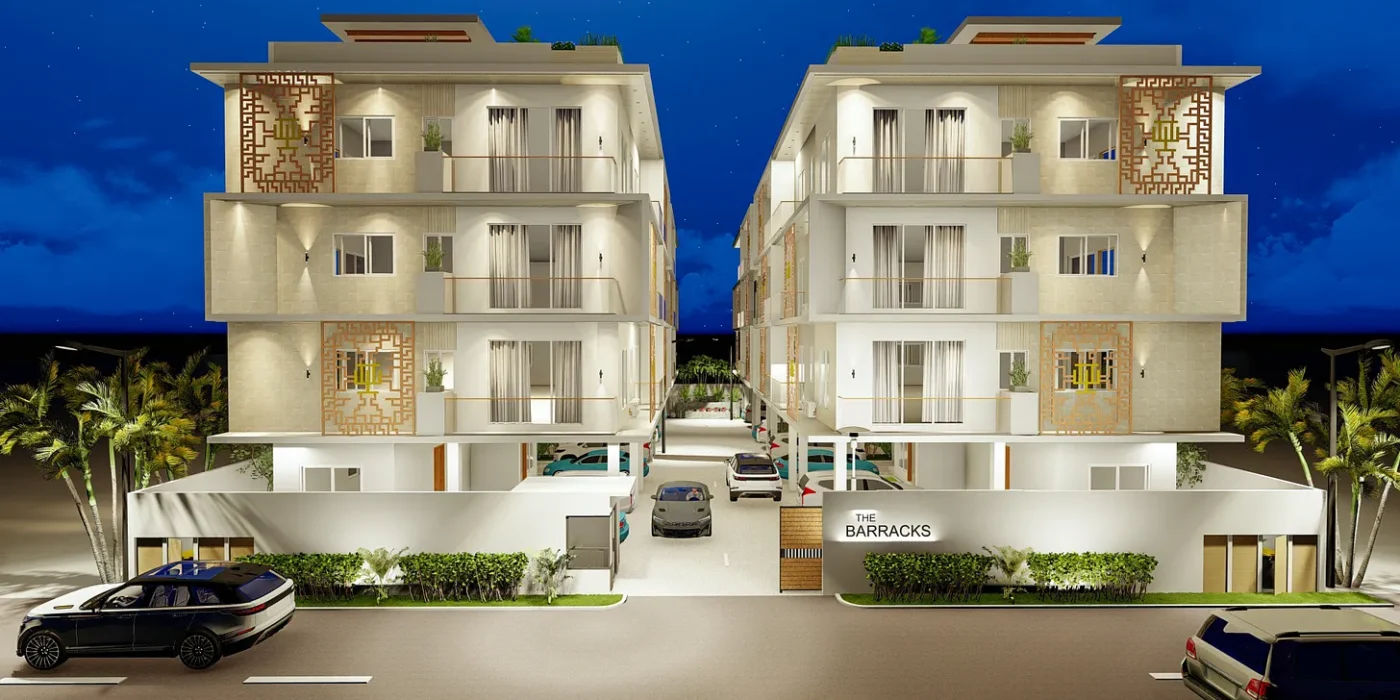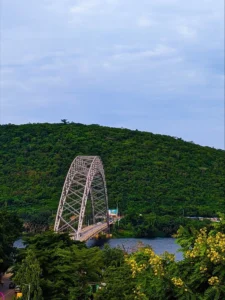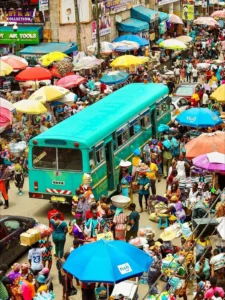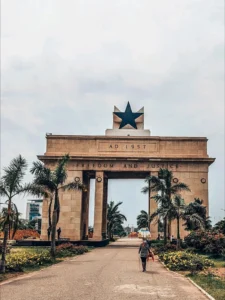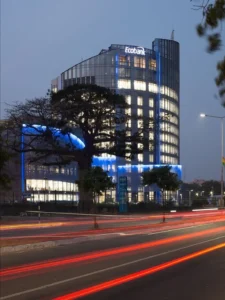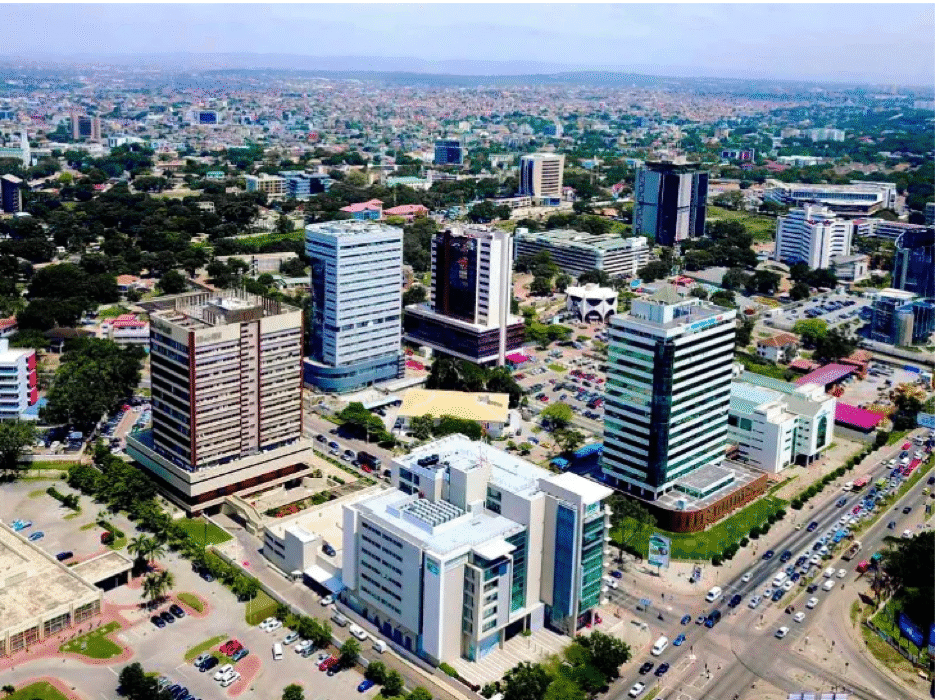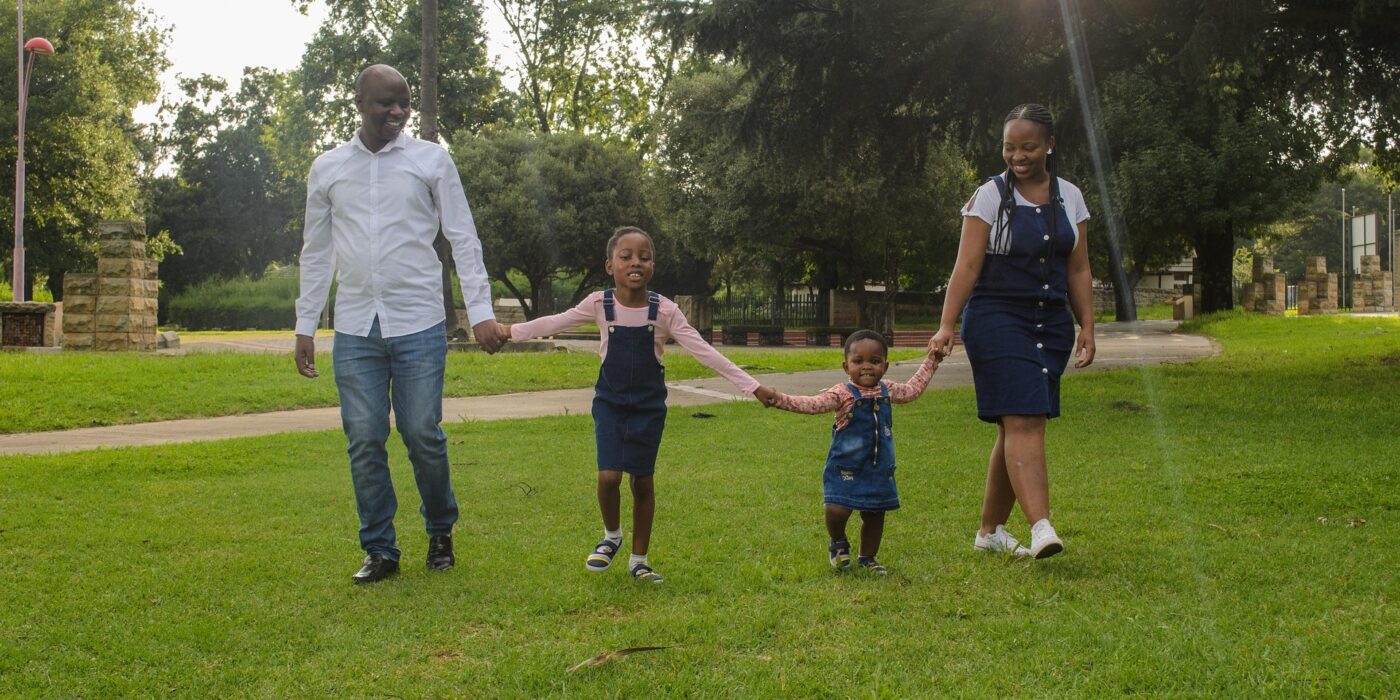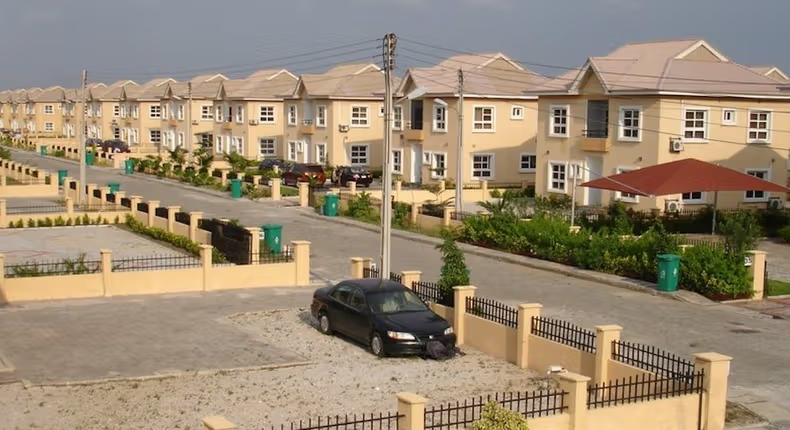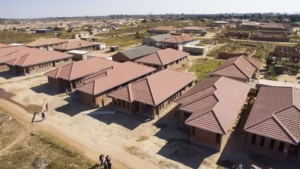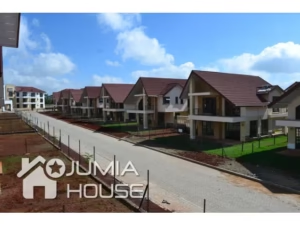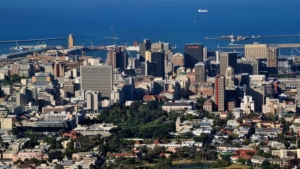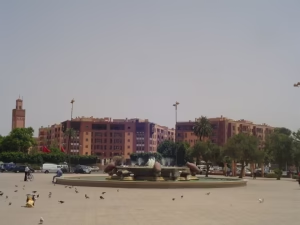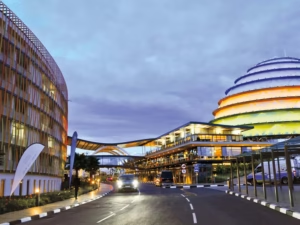The Barracks Apartments Ghana: East Legon’s Outstanding Boutique Development
The Barracks is a fast developing luxury estate that is raising the bar in Ghana’s renowned real estate market. Tucked in East Legon, a short drive from Accra’s main bustling streets, this boutique development from Diaspora Homes Ghana is built around a few simple ideas: clean design, attention to detail, tight security and modern functionality that enhances everyday life. For anyone watching Ghana’s premium residential market, The Barracks offers a clear, practical proposition: well-finished units that provide unparalleled value to both investors and homebuyers who want to own a piece of Accra’s bright future.
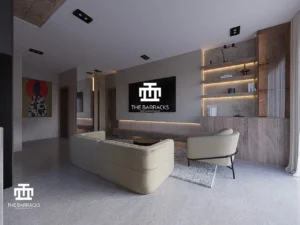
A project with a clear lineage
The Barracks positions itself as a project rooted in Ghanaian identity while offering modern urban living. The design takes cues from local visual language – notably the Adinkra motif “Hwemudua,” a symbol of precision and quality – and translates that into strong lines, considered proportions and restrained cladding. The developer’s brief is deliberately defined: a compact, secure community of apartments rather than a sprawling estate. That focus shows in the finishes and the small-scale neighborhood feel the scheme delivers.
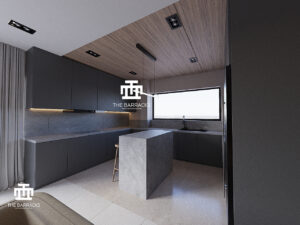
Materials and finish
Each unit at the Barracks will blend world class luxury with a cozy atmosphere. The kitchens will be fully fitted, and the bathrooms will be contemporary and practical. Bedrooms are planned as private suites – many with en-suite bathrooms and built-in storage. Some apartments will stretch to around 80 sqm for clients looking for more space while the more compact studios will prioritise functionality. In particular, smart-home features will be integrated across the scheme, enhancing convenience and lowering the friction of remote ownership.. This is very useful for owners who are overseas or manage the property as a letting asset. In short, the development prioritises long-lasting finishes and functional design over flashy trends – an approach that suits buyers focused on durability and resale or rental value.
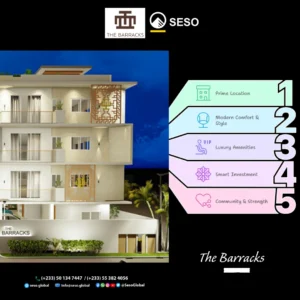
Location and everyday value
East Legon remains one of Accra’s most bankable residential neighbourhoods. The Barracks sits at a focal point in this area: close to American house with straightforward access to commercial hubs, international schools and shopping centers. Additionally, the estate lies within easy reach of the Airport Residential Area and central business districts. For professionals, proximity to the main road network cuts commuting time; for investors, the neighbourhod’s steady demand from expatriates, embassy staff and corporate tenants helps keep vacancy rates low. The Barracks also benefits from local services and informal conveniences – supermarkets, cafés and medical centers are within a short drive – which makes it easy to live in and simple to let.
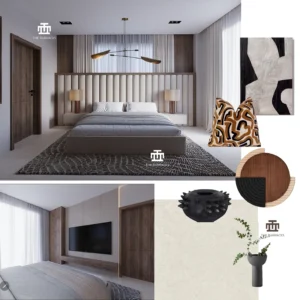
What the numbers say about value and return
The Barracks’ pricing is competitive for its class. Studio apartments are listed at $65,000 while one-bedroom units are priced at $95,000. These price points place the development within reach of many returning Ghanaians and diaspora buyers who want a straightforward ownership route without excessive premiums. The developer projects attractive yield potential in the region of 10%-12% a figure that will depend on management and market conditions but which reflects the combination of modest entry prices and strong rental demand in East Legon. For investors, the arithmetic is simple: buy at market-sensitive prices, target the steady corporate/expat tenant pool, and benefit from both rental income and capital appreciation as Accra’s well-serviced suburbs tighten.
Payment flexibility and buyer support
Purchasing at The Barracks is designed to be accessible. The developer offers flexible payment structures to suit cash buyers, mortgage borrowers and diaspora clients. That means staged payment plans and tailored arrangements intended to reduce barriers for foreign buyers or those relying on financing. Importantly, the project explicitly supports buyers using mortgage finance and will assist in preparing necessary documentation and approvals.
How Seso Global helps smart buyers move faster
For buyers who want speed, certainty and convenience in their property purchasing, Seso Global’s services are key. As a digital property marketplace, Seso connects prospective purchasers to verified listings and to the financial partners necessary to complete transactions quickly. For The Barracks, Seso can facilitate viewings, verified due-diligence packages, introductions to partner banks and mortgage products, and assistance with diaspora requirements — from KYC to power of attorney arrangements. In short, Seso smooths the path from inquiry to keys, reducing the typical friction that overseas or first-time buyers face.
The bigger picture: who should be looking at The Barracks?
The Barracks will appeal to three clear buyer groups. First, diaspora Ghanaians looking for a secure, manageable home they can visit and rent out; second, local professionals and young families who prize a central yet quiet address; and third, investors seeking reliable rental income without the complications of large scale developments. The studio and one-bedroom pricing points make these segments reachable while the development’s finish and management offer a practical, low-maintenance product for letting. The Barracks apartments also welcomes group investors willing to have fractional ownership or like minded individuals who want to purchase units with others.
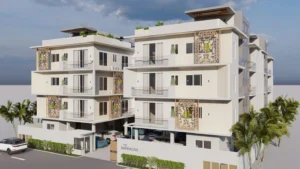
An attractive opportunity
For buyers ready to act, The Barracks represents a pragmatic entry into Accra’s established residential market — a development that prioritises build quality, sensible design and secure ownership structures. Interested parties can arrange a viewing, request an informational meeting through Seso Global. Furthermore Seso’s dedicated team can also fast-track documentation, mortgage pre-qualification and a secure hand-over process — making purchases as seamless as possible. With its combination of location, finish and buyer services, The Barracks is a clear option for anyone who wants a successful property purchasing journey in Ghana.
For more information on this article contact us via
Email: info@seso.global
Website: https://seso.global/home
Call/whatsapp
+1 (614) 403-4298 (USA)
+44 7920 048574 (UK)
+1 (647) 271-3461 (Canada)
+233 55 382 4056 (Ghana)
Follow Seso Socials for more great real estate news, deals and tips

